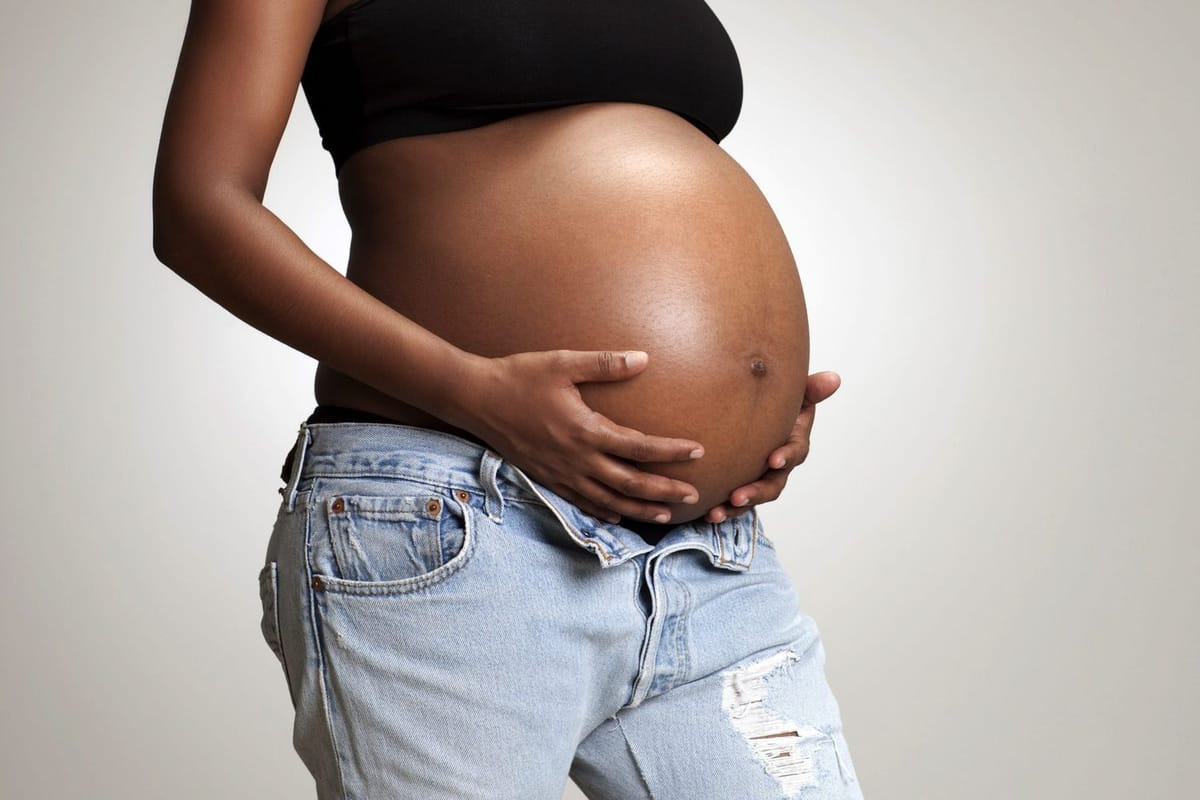The Black Maternal Mortality Crisis: A Cradle of Inequity

Imagine, you're pregnant, holding the burgeoning future in your belly, dreaming of soft coos and tiny fingers curling around yours. It's supposed to be a miracle, a moment of unbridled joy. But for Black women in America, this joyous anticipation carries a chilling secret: they’re three times more likely to die from pregnancy-related complications than white women.
This isn't some tragic twist of fate. This is the Black Maternal Mortality Crisis, a gaping wound in the American healthcare system that exposes the deep fissures of racial inequity. It's not just a statistic; it's mothers, sisters, daughters, friends stolen away, leaving behind heartbroken families and echoing questions:
Why are Black women dying?
Why are their cries for help unheard?
Why, in this land of supposed equality, are they deemed less worthy of life and motherhood?
The answer, my sisters, is as complex as the braids woven into your crowns. It's a tangled web of structural racism, baked into the very fabric of healthcare. Think of it like navigating a minefield where implicit bias is the tripwire, lack of access to quality care is the detonator, and inadequate maternal healthcare education is the blindfold keeping Black women from seeing the danger.
Here's how it trips us up:
- Chronic conditions, like heart disease and diabetes, disproportionately affect Black women. These pre-existing health disparities lay a ticking time bomb under their pregnancies.
- Poverty and economic instability limit access to quality prenatal care, nutritious food, and safe housing – fundamental factors for a healthy pregnancy.
- Medical deserts, vast swaths of communities devoid of hospitals or qualified midwives, force many Black women to travel long distances for basic care, delaying crucial interventions.
- Implicit bias, that insidious whisper in the doctor's office, leads to medical gaslighting, resulting in Black women’s concerns being dismissed as "hysteria" or "overreacting."
This crisis isn't just about physical health, though. It's about the mental and emotional trauma of being labeled "difficult" or "uncooperative" while carrying a life within. It's about the crushing grief of losing a child before their first breath, a loss often compounded by inadequate bereavement support.
But despair is not an option. Black women who have birthed generations against all odds, have the power to fight back. Here's how:
- Educate yourselves and each other: Knowledge is power. Learn about the Black Maternal Mortality Crisis, share resources, as we all advocate for better healthcare within our communities.
- Demand accountability: Don't be afraid to question healthcare providers, challenge bias, and insist on being heard. Black women deserve respect and quality care.
- Support organizations: Lend your voice and resources to organizations fighting for maternal health equity, like Black Mamas Matter Alliance and SisterSong.
- Uplift and empower each other: You are not alone in this struggle. Let's build a network of support, share our stories, as we celebrate your resilience as mothers.
Remember, sisters, we are the descendants of warriors, the bearers of life, the architects of our own destinies. Let's raise our voices, shatter the silence, and demand the birthright you deserve: safe and equitable healthcare for every Black mother, every Black child. Let’s dismantle the cradle of inequity and build a future where motherhood is a journey of joy, not a perilous dance with death.
Together, we can be the generation that finally ends the Black Maternal Mortality Crisis. We can weave a new narrative, one where Black mothers thrive, where motherhood is a celebration, and where every precious life is held close, cherished, and protected.
Do you have any friends, family or acquaintances that have dealt with the struggles facing Black maternity, or is this the first time you're hearing about this issues?





